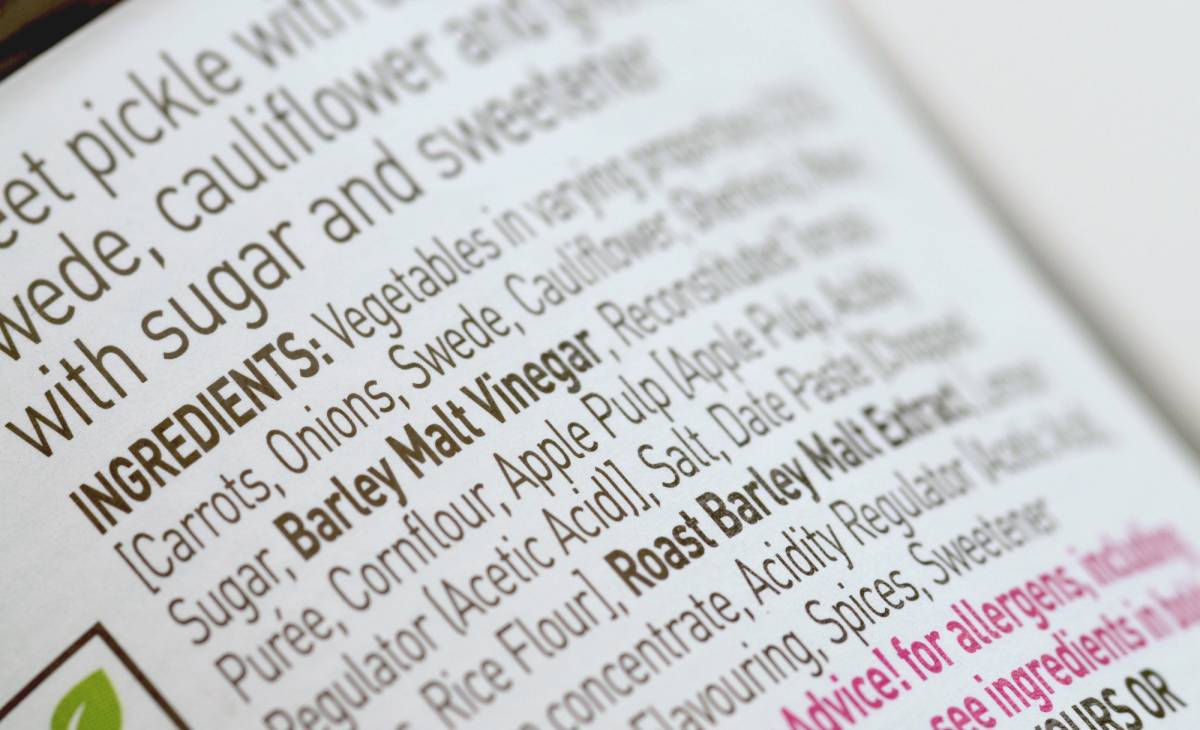UK: food allergens as main reason for recalls, study finds
According to a new study, recently published on Food Control by researchers from Queen's University Belfast and Edge Hill University, food allergen-related (FAR) recalls accounted for more than half (57.6%) of all UK recalls issued in a 5-year period.
The researchers looked over publicly-available data of allergen food recalls issued by national food regulatory bodies (Food Standards Agency, FSA, and Food Standards Scotland, FSS) in the UK from 1 January 2016 to 31 December 2021. Trends have been established by the type of food recalled; the number of recalls; the allergenic food groups involved; the reasons behind the recalls; the relationship between recalling frequencies with the number of products recalled by manufacturers, supermarkets, or retailers; and the relationship between expiry status and the genre of food.
The results show an annual increase of FAR recalls, peaking in 2019 (118), and then decreasing in 2020 and 2021 (82 and 84 respectively). According to the researchers this reduction could be due to direct and indirect impacts of the COVID pandemic and improved labeling.
In total, 597 FAR recalls have been issued in the period analyzed, which have been linked to 969 incidences of allergenic food groups (this was due to multiple allergens involved per recall, with 27.3% of recalls associated with at least two allergenic food groups affected in a single recall).
Milk was the most recalled allergenic food group, as it accounted for 25.2% of the 14 key allergenic food groups reported. Other allergenic food groups recalled were products made with cereals containing gluten (16.9%), nuts (10.6%), soya (10.3%), eggs (8.5%), mustard (7.1%)
Six reasons were identified for the 597 FAR recalls. The majority of them (40.0%) were issued due to the omission of priority allergens from the list of ingredients, followed by cross-contamination and products in the wrong packaging.
In rare cases recalls were due a lack of emphasis on priority allergens, products not being labeled, and items found to contain the allergens they were declared free from.
6.0% of recalls with expiry dates passed either their best-before or use-by dates at the time of recall. 14 products (48.3%) had use-by dates which were microbiologically unsafe to be consumed once past the relevant dates. Cereal & bakery products accounted for almost a third of all recalls with expiry dates, followed by ready-to-cook items and sugar-based confectioneries.
These results suggest that FAR recalls still present risks to consumers and the food industry. With this analysis, the researchers aimed to provide specific solutions for food manufacturers and food regulatory organizations to help them focus their efforts on improving food allergen labelling, ultimately reducing FAR recalls and improving both safety and quality of food for consumers in the UK.
Source:
https://www.sciencedirect.com/science/article/pii/S0956713522005680?via%3Dihub






















